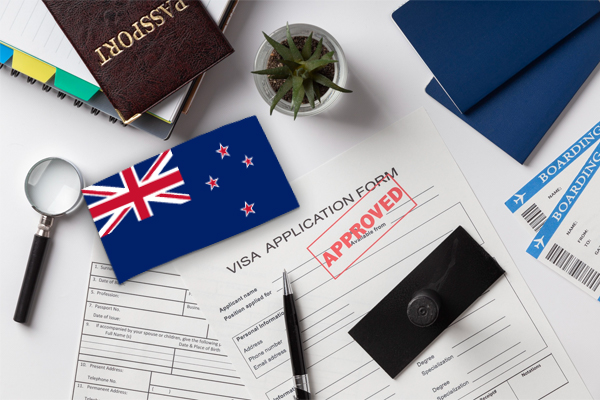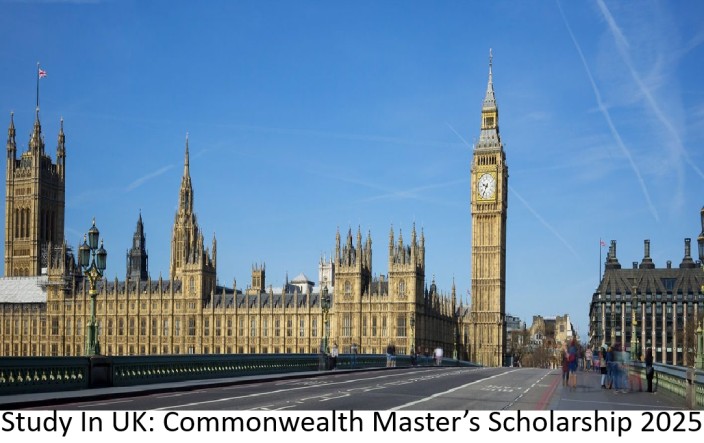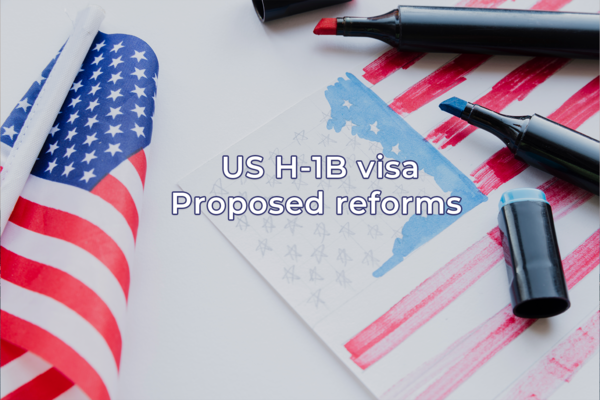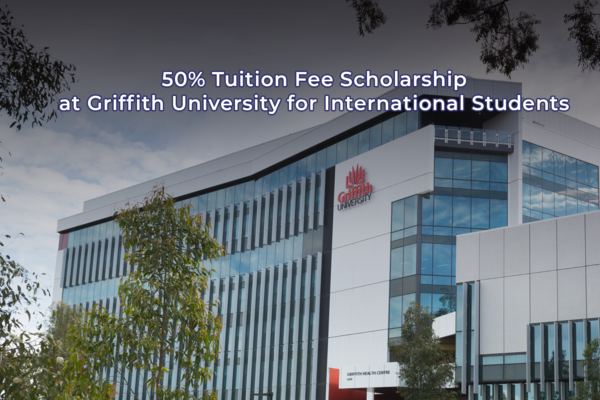Table of Contents
Historic drop in approval rates
As the new academic year approaches, Australia’s universities are witnessing an unprecedented surge in applications from international students eager to study in 2024. However, a significant challenge looms on the horizon—the approval rate for student visas has plummeted to a historic low. Over the past decade and a half, approval rates have consistently exceeded 90%. Yet, recent government data reveals a sharp decline to 82% last year, with vocational education approval rates dipping even further to 70% in the latter half of 2023.
Impact on student influx
This downturn in visa approval rate is poised to result in approximately 90,000 fewer student visa holders entering Australia in the 2023-24 academic year compared to its predecessor. This reduction is part of the broader strategy by Prime Minister Anthony Albanese’s government to curb the dramatic increase in migrants, a trend that resumed with the reopening of the country’s borders post-COVID-19. The government’s focus is on filtering out ‘non-genuine’ students to manage the influx effectively.
Government measures and public sentiment

In response to the growing migration numbers and their subsequent impact on the housing market, the Albanese administration has introduced several new regulations aimed at international students. These include a cap on work hours, increased proof of financial stability requirements, and stricter language proficiency standards. Such measures are in place to alleviate the housing crisis and mitigate the rising cost-of-living pressures that have stoked public discontent.
Varied visa approval rate and future outlook
Approval rates have varied significantly by country, with students from nations like India, Pakistan, the Philippines, and Nigeria facing steep declines. In contrast, applicants from China, South Korea, Singapore, and Taiwan maintain high approval rates due to their financial capacity and the genuineness of their study intentions. This disparity in approval rates is likely to benefit well-established universities while adversely affecting private colleges reliant on international students.
Education Minister Jason Clare emphasizes the importance of the international education sector to Australia, describing it as a vital national asset. The government’s migration strategy and the introduction of new visa approval rate and regulations underline a commitment to safeguarding the integrity of Australia’s international education sector and its reputation as a premier destination for students worldwide. The ongoing adjustments aim to balance the influx of international students with the nation’s capacity to provide quality education and living conditions. Ensuring that Australia remains an attractive and viable option for genuine students from around the globe.






